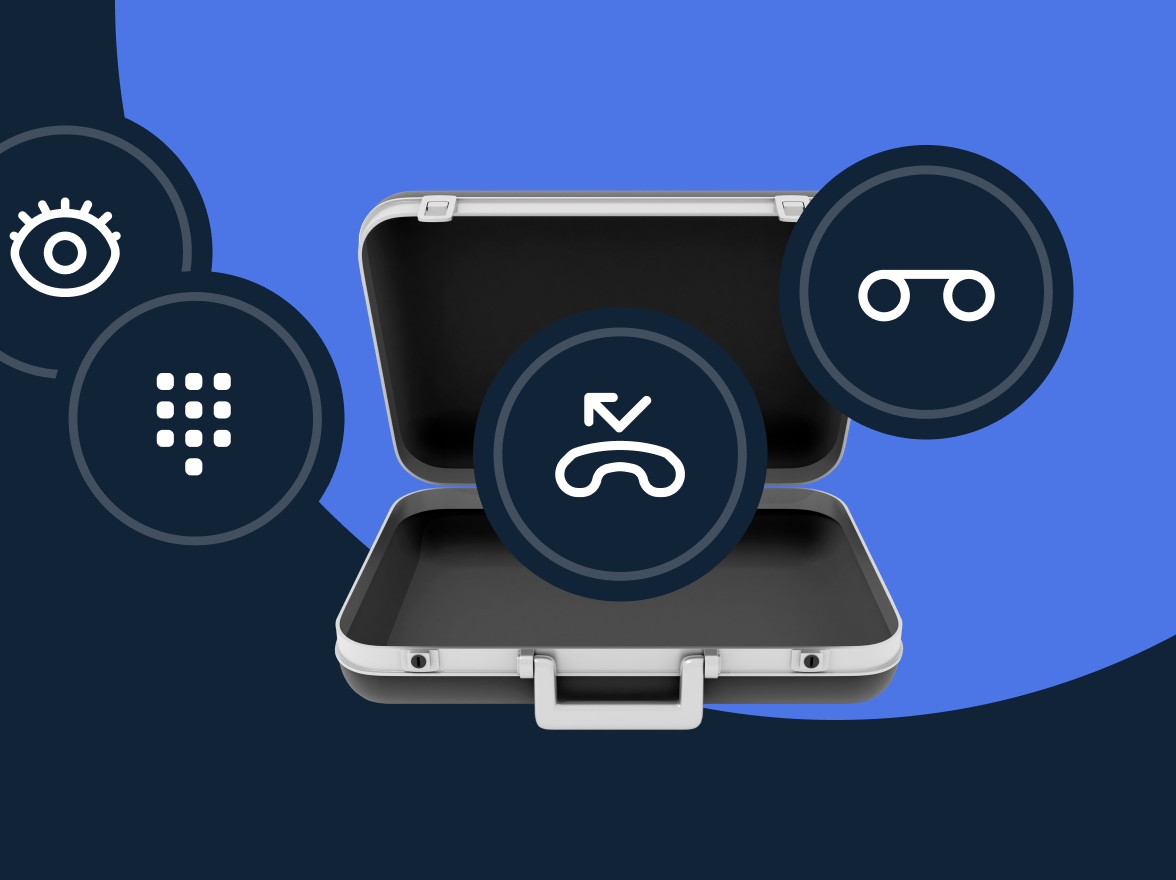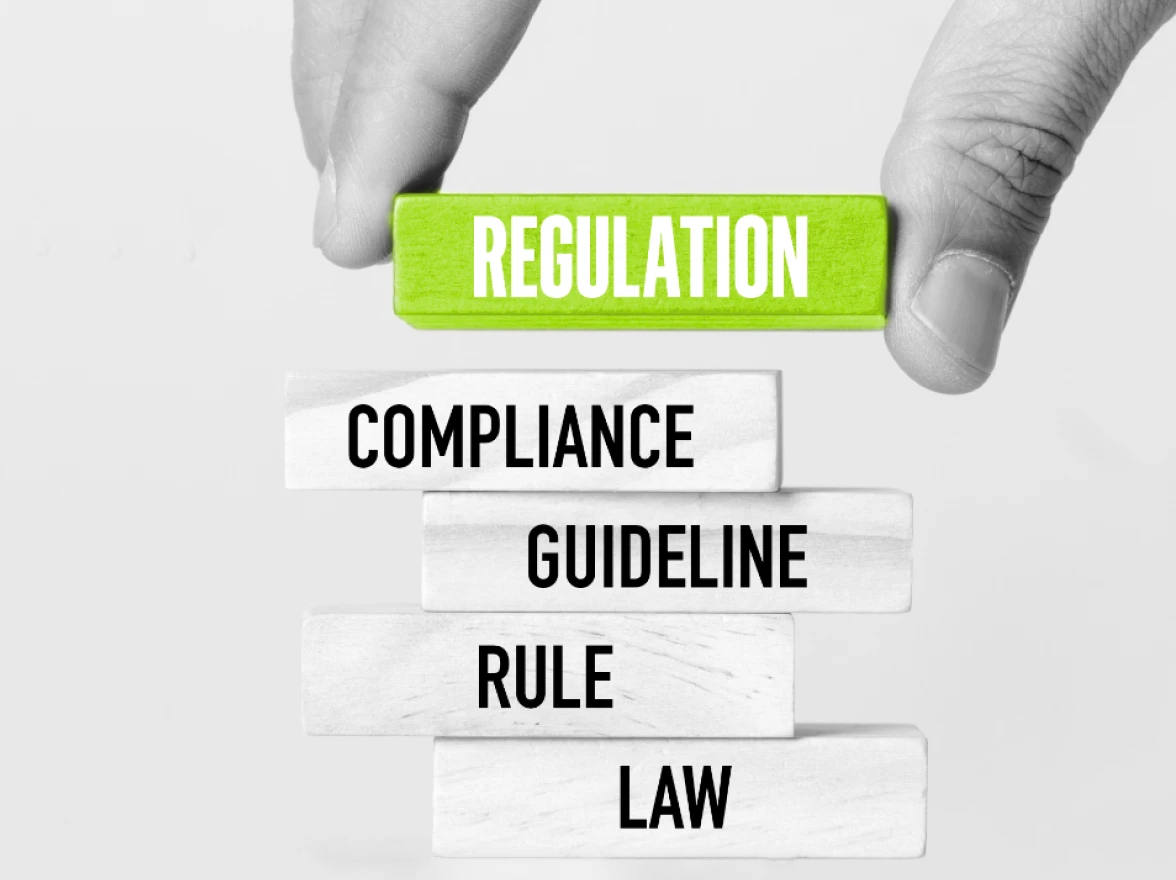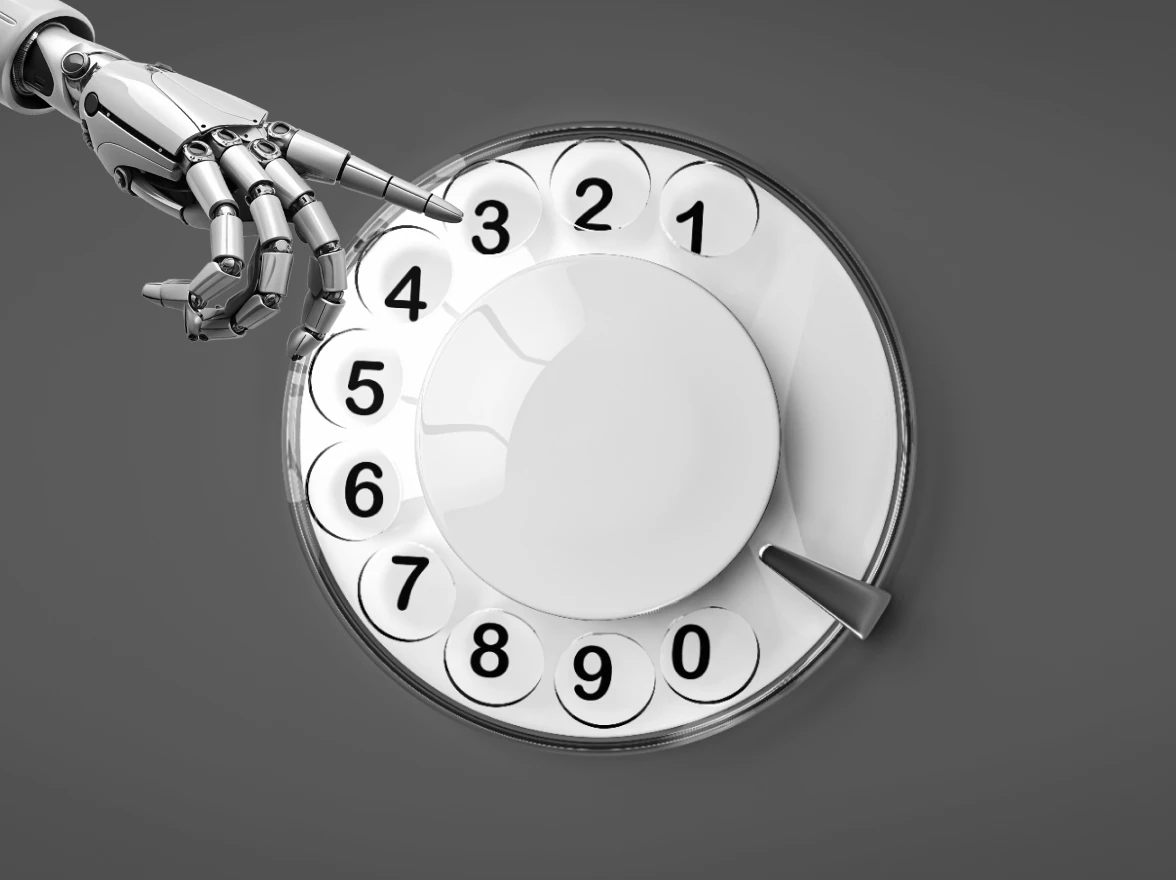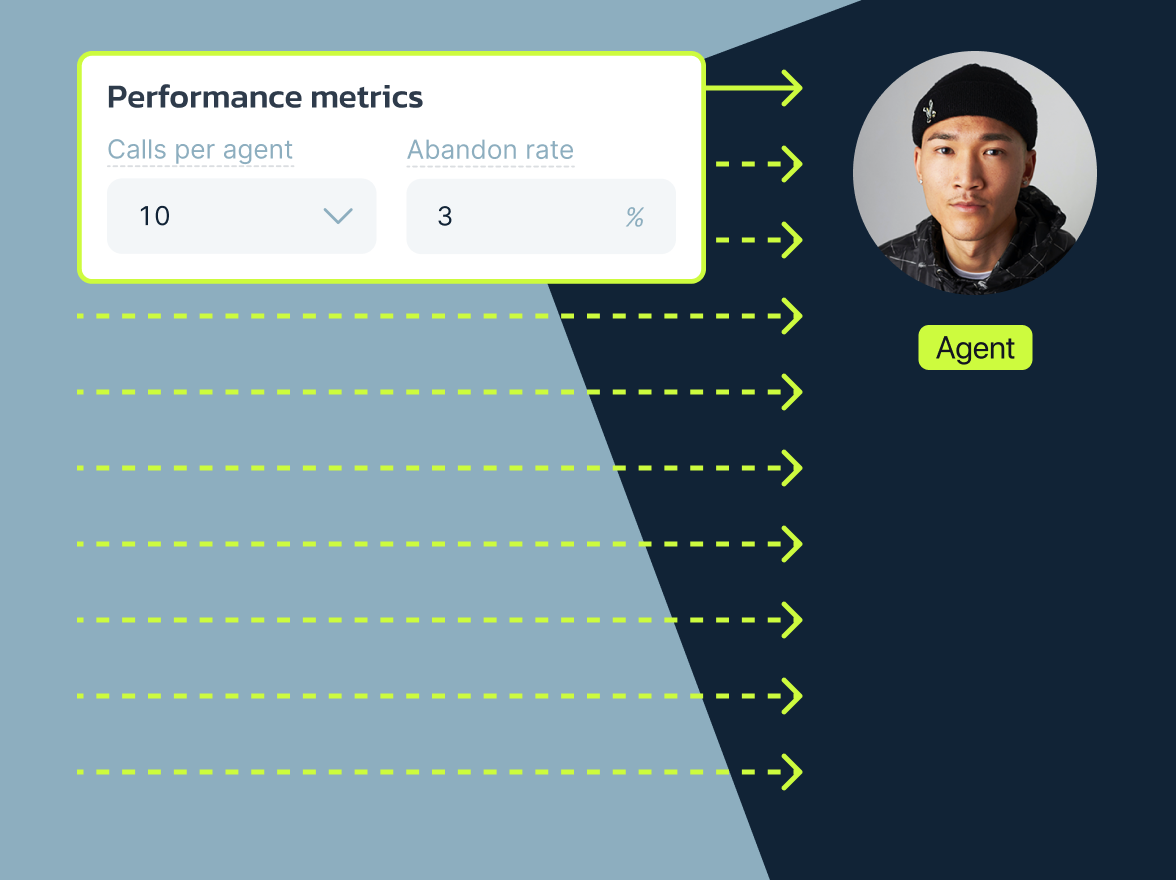This information is purely educational in nature, and should not be taken as legal advice.
Out of eagerness to contact as many people as possible, businesses will naturally want to use all the tools available to them. But when doing so – particularly when contacting people over the phone – you must be careful, as some methods are a legal minefield or are simply outright against the law.
One such legally difficult method is voicemail drop. While this method is a great way to get a message out rapidly to large numbers of people, it is entirely illegal when undertaken without permission, as U.S. law treats it the same as it treats robocalls. Below, we’ll address what it is, when it’s illegal, and when you can engage in it.
What is voicemail drop?
Voicemail drop lets you use pre-recorded messages so you can choose the one that best fits the person you’re calling and be sure you don’t leave anything out. Since it only takes a single click or tap and doesn’t require waiting until the end of the voicemail, it saves agents a significant amount of time.
From a technical perspective, this feature can be divided into two types:
Ringless voicemails
A ringless voicemail, what the Federal Communications Commission (FCC) calls “ringless voicemail,” is when a pre-recorded message is delivered directly to a voicemail box without the call ever being connected.
Post-call voicemail drop
In a post-call scenario, a voicemail is delivered after the call has been connected. This is how MightyCall’s feature works: the system drops the voicemail only once the call connection is established.
Is voicemail drop legal?
Not without gaining consent first. In the early 1990s, Congress passed, and President George H. W. Bush signed, the Telephone Consumer Protection Act (TCPA). This bill protected Americans from abusive telephone practices, including from robocalls made without their consent.
The TCPA also gave the Federal Communications Commission (FCC) authority to create and enforce rules under the law. In a Declaratory Ruling and Order issued on November 21, 2022, the FCC clarified that ringless voicemails are considered “calls” under the TCPA and therefore require prior express consent from recipients. Without that consent, ringless voicemails are treated as illegal robocalls.
This means that any voicemail drop that uses a pre-recorded message is subject to the same consent requirements, whether the voicemail is delivered pre or post-call. In short, all pre-recorded voicemail messages require consent under the TCPA.
So I can voicemail drop if someone gives me consent?
Yes, but as per the TCPA, just as it is with robocalls, they must clearly be giving consent. For example, if someone gives you consent to call them, it does not mean they are giving you consent to drop a pre-recorded voice message. Likewise, if they withdraw consent – or they put themselves on the national Do Not Call list (or any state varieties) – you cannot contact them without obtaining consent again (there are some exceptions for individuals who have business relationships, but robocalls are still not permitted).
How do I obtain consent?
The federal government describes “express consent as “affirmatively and unambiguously articulated by the consumer.” This means they must be clear that they are agreeing to calls (and to getting voicemail drops.
This can come from checking a box on a website and clicking “Agree” or by replying YES to a text message asking if they would like to receive offers via telephone calls, such as “Would you like to be contacted via phone or text about our special offers?”. These both count as written consent.
There are no federal regulations for how to store consent once obtained; however, you should be able to readily provide proof of it. If you have received consent via a physical paper, such as a checked box or a signed form, file them on-site where they can be quickly accessed by agents if necessary. If consent was achieved digitally, you do not have to store them on an on-site server; just make sure that it is safe and accessible.
Do I still need to obtain consent for a post-call voicemail drop?
Yes, the TCPA mandates consent for voicemails which are pre-recorded. However, if the call was made via robocall software, you would need specific consent. Likewise, if the call was a standard telemarketing call, it would still fall under TCPA rules, meaning that – again, without consent – it is very much illegal.
What are the penalties?
Penalties can be steep. The TCPA has it at $500 per violation and $1500 per willful violation. There is no cap on these violations – so if you make 100 calls which were violations, you can end up paying a hefty fine.
You are also civilly liable for voicemail dropping without consent. It does not matter how many times you harass someone. If you do it even a single time, they can launch a class-action lawsuit which can result in you losing millions – and each dropped voicemail can increase the penalty. This is not a hypothetical: just two years ago, the Sixth Court of Appeals ruled in Dickson v. Direct Energy LP LLC that a single voicemail drop left them liable for a class action lawsuit which could, once all is said and done, be worth potentially over a billion dollars.
If you don’t have permission, don’t do it
It’s as simple as that: without getting permission for voicemail drop, you can be on the hook for immense amounts of fees and fines. Avoid all of that by simply asking or by using tools like MightyCall’s Voicemail Drop feature, available in regular and auto dialer campaign calling.






























